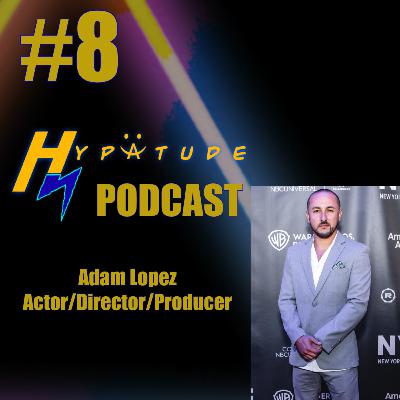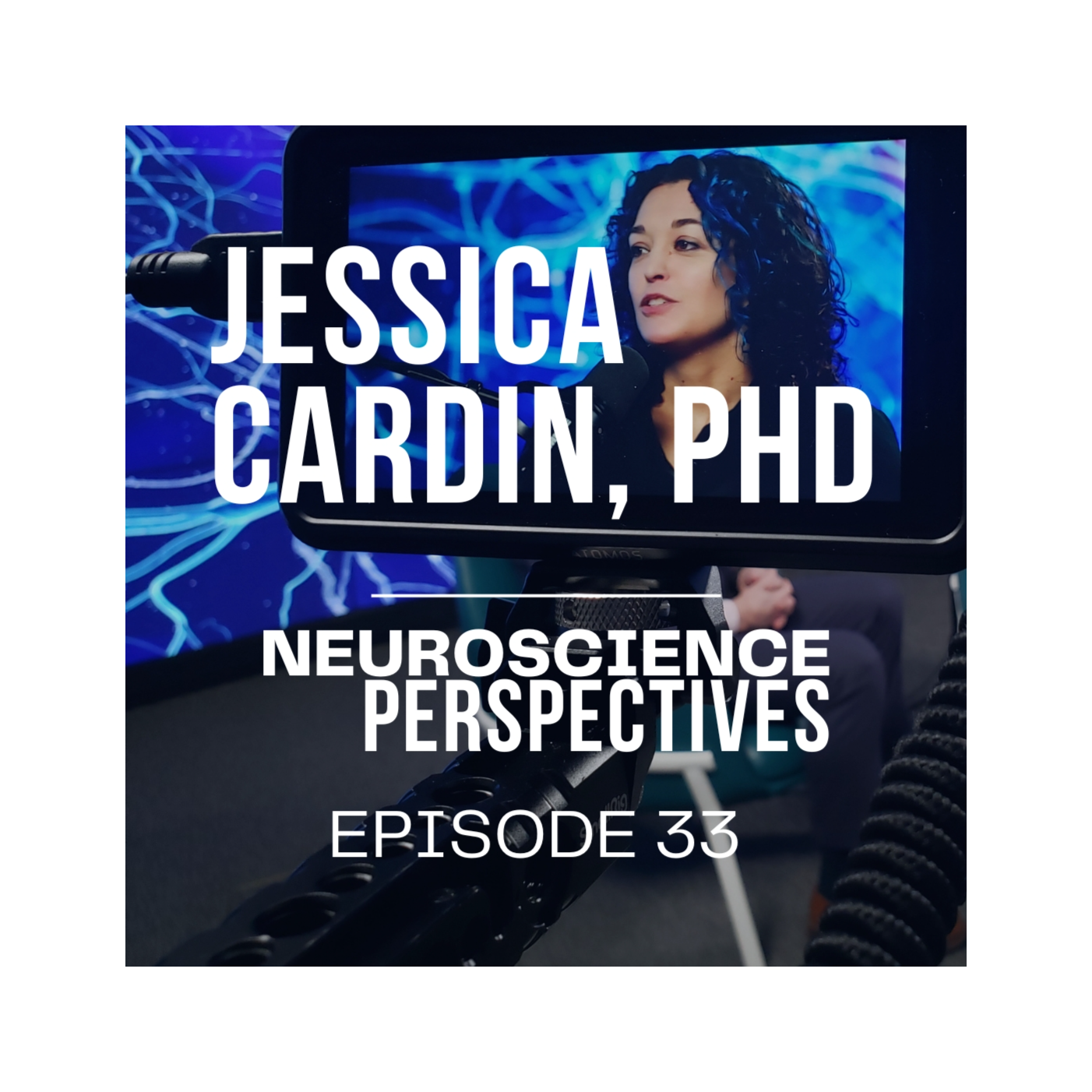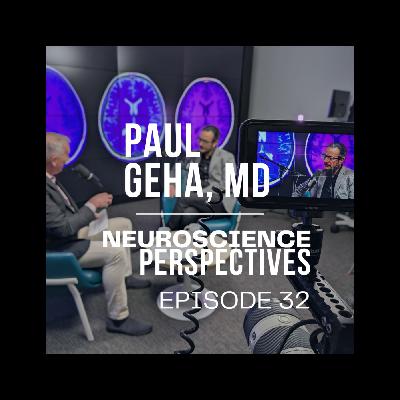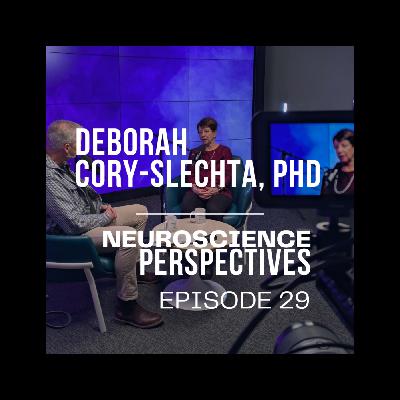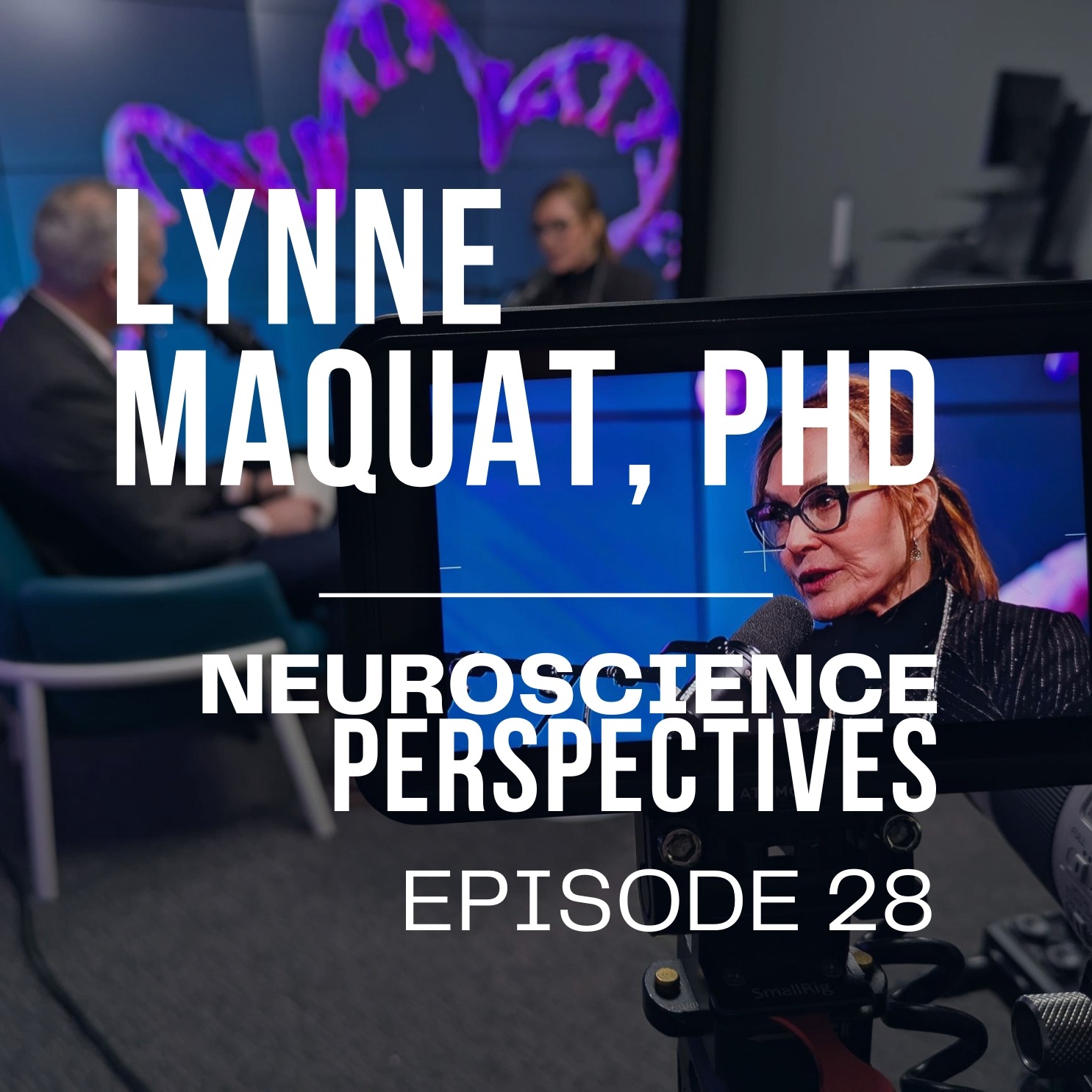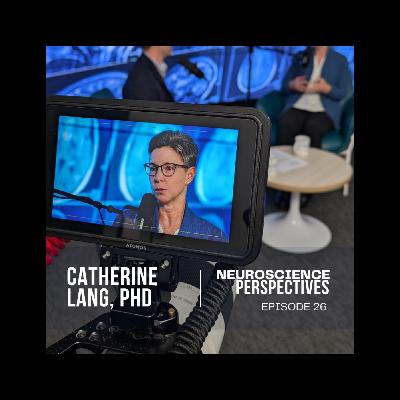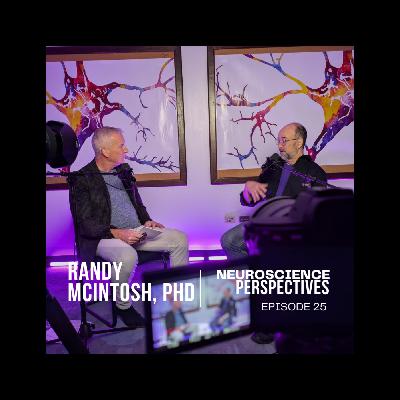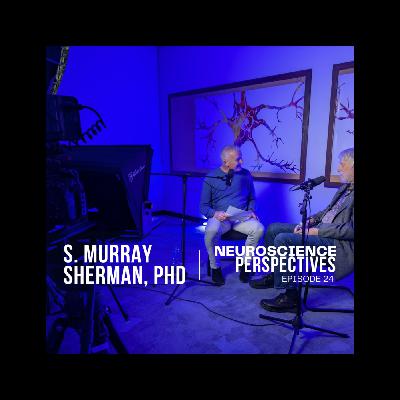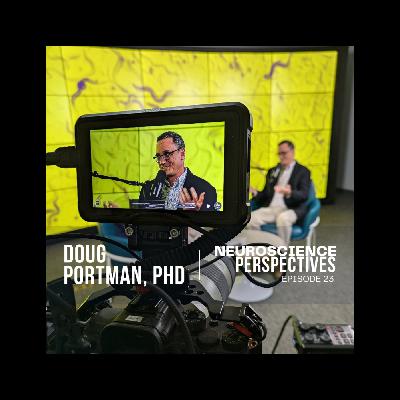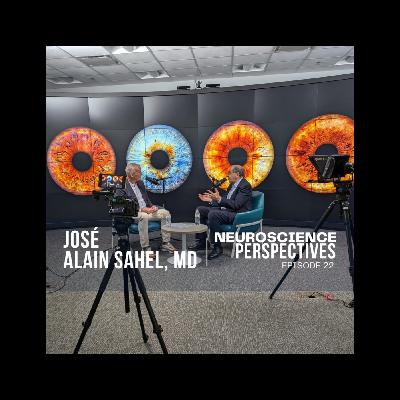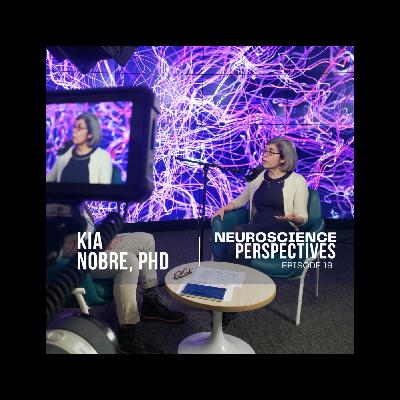
Neuroscience Perspectives
Author: Del Monte Institute for Neuroscience at the University of Rochester
Subscribed: 38Played: 154Description
Immerse yourself in the fascinating world of neuroscience with our expert guests as they explore the mysteries of the brain and the latest breakthroughs in research with our host, John Foxe, PhD, director of the Del Monte Institute for Neuroscience at the University of Rochester.
Each episode features in-depth conversations with leading scientists, who unravel complex topics and tackle intriguing questions like: How does the brain shape our behavior? What role do genetics play in our health? How do early life experiences shape brain function and critical periods of brain development? Listen as they share their unique journeys to neuroscience research, lessons learned from the bench, and discoveries that transform our understanding of neurodevelopmental diseases and disorders like autism and Rett syndrome and neurodegenerative diseases like Alzheimer’s and Parkinson’s.
Whether you’re a seasoned scientist or just curious about the brain, our podcast will spark your interest, expand your understanding of this dynamic field, and lift the veil on how leaders in brain research made it to where they are today. Don’t miss out on your journey into the depths of neuroscience with experts from around the world—subscribe now!




